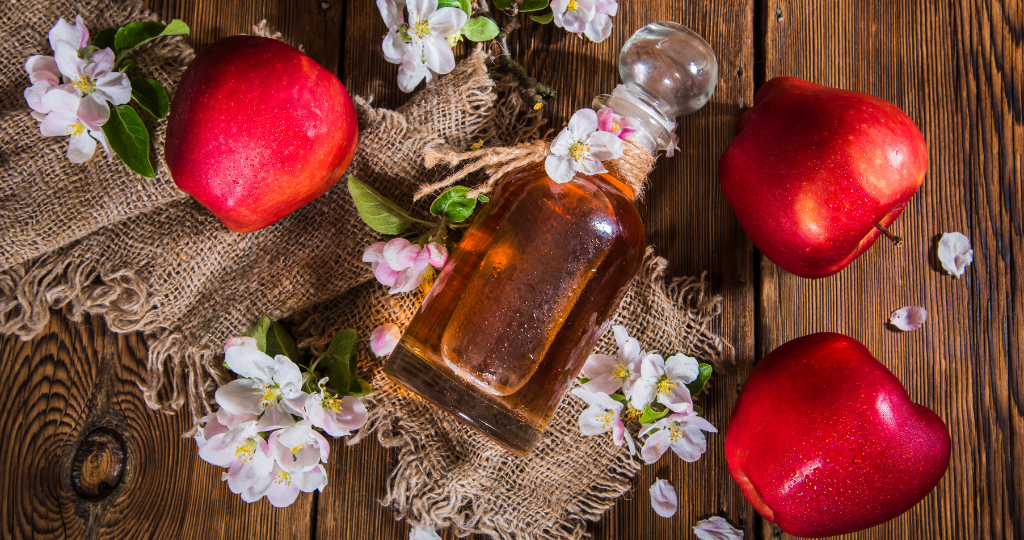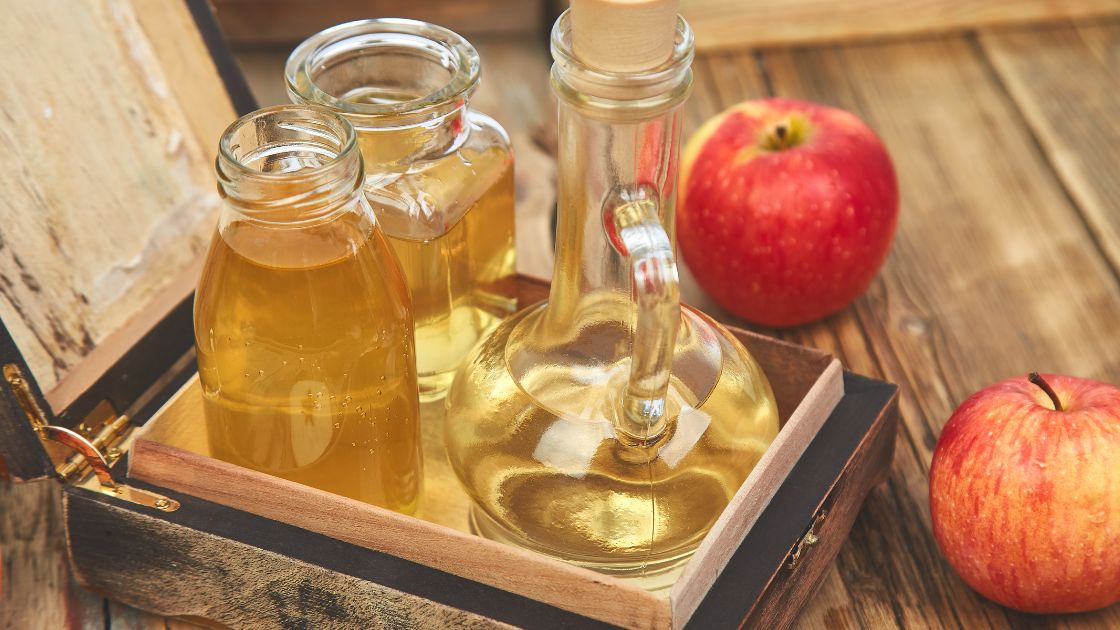
Organic Honey Vs Regular Honey: What Should You Eat For Healthy Life?
Have you ever come across tags like "pure", "raw", or "organic" when buying honey?
While these are some popular terms that people usually seek while buying honey, it becomes difficult to evaluate the differences between them.
But as the saying goes, "To achieve sweet things in life, you need to walk the extra mile." And in a world of natural sweeteners, choosing natural honey is a challenging yet intriguing journey. The benefits of sugar make honey a fan-favorite choice these days. Ayurvedic studies have made it clear that including honey in your daily routine can improve your health.
Welcome to this all-encompassing post – where you can learn about the differences between organic honey and honey.
Comparing Organic Vs Regular Honey
|
Parameters |
Honey |
Organic Honey |
|
Nature |
Natural sweetener produced by honeybees from flowers’ nectar |
Grown without synthetic pesticides or fertilisers |
|
Certification |
Does not need any certification |
Should be certified by accredited organisations to meet organic standards |
|
Production Process |
Involves collecting nectar and storing it in the honeycombs |
Strict guidelines and regulations for farming practices |
|
Uses |
Primarily used as a natural sweetener (also has medicinal and culinary uses) |
Primarily consumed as food or used in food products |
|
Nutritional Value |
Contains various vitamins, minerals, and antioxidants, depending on the floral source |
Often perceived to come with higher nutritional value |
Overview of Organic Honey
Raw honey comes from honeycombs directly. Organic honey is produced from the plants grown organically and is free from chemicals. Also referred to as natural honey, it ensures that you don't consume the pesticides sprayed on plants.
The plants and flowers are placed at the right distance to ensure that the honey procured is organic. The beekeeper usually filters the honey to eliminate debris such as dead bees, pollen, etc. Pasteurisation may not take place when producing raw honey. If it's opaque and cloudy in appearance, the honey might be considered raw. It's quite safe to consume as it does not include any chemicals or added colours.
The production follows the strict guidelines set forth by the organic certification bodies. The manufacturers ensure that organic beekeepers must follow specific practices to ensure the integrity of their honey.
Overview of Regular Honey
Regular honey is the one that comes pasteurised. While it's smooth and clear, it kills the yeast cells that may affect honey's taste. However, it may increase the shelf-life and improve the appearance of the product. Nonetheless, pasteurisation may also reduce antioxidants as well as nutrients in the product.
Now, coming to its production – regular honey is produced using traditional methods. Colonies of honeybees are maintained, and the nectar is collected from different floral sources. Then, the nectar is transformed into honey via a process that involves dehydration within hives. Note that regular honey production doesn't include using fertilizers or synthetic pesticides directly,
Major Difference Between Organic Vs Regular Honey
Well, the difference between organic honey and regular honey lies in its heating process. Evidently, beekeepers who produce raw honey are not familiar with how bees should be taken care of.
To understand the differences in brief, read the following points. The following are the differences between regular and organic honey:
Based on Nutritional Value
Honey is indeed a natural sweetener (irrespective of the production method). Notably, it comes with various nutrients like carbohydrates (glucose and fructose and vitamins and minerals). Regular honey is considered healthier than refined sugar. However, considering its purity, it can never beat the health benefits that organic honey offers.
Talking about organic honey it might come with similar nutritional benefits compared to regular honey. Nonetheless, organic honey may have a higher concentration of the beneficial compounds because of the absence of harmful preservatives and additional colours. In addition, it is free from pesticide residues and other chemicals. So, it is a better choice than its regular counterpart when it comes to purity.
Sustainability
Producing regular honey is sustainable, but there are still some environmental concerns associated with the process. Compared to its organic counterpart, it might spread disease among honeybee populations.
In addition, exposure to bees may raise concerns about the impact on the bee populations. On the other hand, producing organic honey is a healthier practice. From minimising impacts on mother nature to reducing the use of chemicals, organic honey protects the environment.
Besides, it also sustainably supports land management practices. Such practices may help improve soil health by reducing erosion and promoting a balanced ecosystem. Moreover, organic beekeepers also prioritise the honeybee colonies' well-being and implement healthier practices. Hence, consuming organic honey is more sustainable than regular honey for consumers.
Also, Check:
Is Organic Honey a Better choice?
The easiest way to distinguish organic honey from regular honey is to check for organic certification.
In India, Ayurvedic brands produce holistically formulated organic honey that ensures chemical-free procedures. These products are sustainable as they do not have artificial colours or preservatives.
Aside from being a healthier choice, organic honey tastes better than conventional products. In addition to being a healthier and tastier alternative, it is opaque and thicker. The colour is usually cloudy yellow because it does not include an overheating process.
The heating method usually includes straining. You can undertake a purity test to assess the quality of honey at home. Read this to understand more on this front.
Conclusion
So, you have learned the importance of organic honey over its regular counterpart. It's time to find a reliable brand that offers holistically formulated honey and ensures health benefits.
FAQs
1. Is organic honey more expensive than regular honey?
Of course – better quality means higher prices. So, organic honey typically costs more because of the organic certification and specialised production methods.
2. Are there any health benefits of organic honey?
Organic honey offers several health benefits due to its natural composition and lack of synthetic additives. Furthermore, it can be a great cough reliever and reduces sore throats. Additionally, it has minerals such as iron and zinc in addition to calcium. So, it improves your overall health. It has a high source of antioxidants (helps combat free radicals and reduces risks of chronic diseases). In addition, it contains glucose oxidase and catalase.
3. How long can organic honey last?
It is usually imperative to store honey for around 12 months. After a point in time, the quality may not be as good. However, the honey can still be consumed. Honey becomes cloudy and crystallised. You can also be heated or microwaved in a pan of boiling water.
4. Does honey expire with time?
When stored appropriately, honey does not expire. In fact, honey darkens or crystallises, but it is safe to eat. Notably, plastic or metal plastic containers oxidise the honey, and heat may change the flavour.
Don't forget to check these Honey comparisons:
Maple Syrup vs Honey | Acacia Honey vs Manuka Honey | Manuka vs Buckwheat Honey | Clover vs Wildflower Honey | Neem Honey vs Manuka Honey | Set Honey vs Clear Honey | Sugar vs Jaggery vs Honey | Wild Flower vs Regular Honey






Leave a comment
This site is protected by hCaptcha and the hCaptcha Privacy Policy and Terms of Service apply.